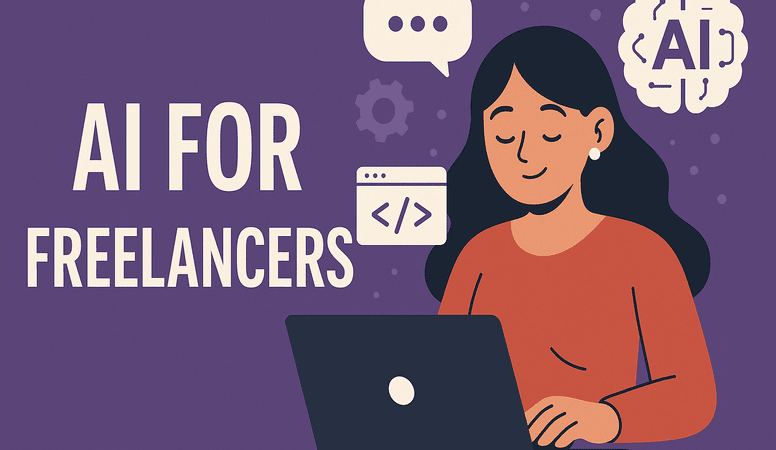Artificial intelligence (AI) is transforming various industries, and architecture and construction are no exceptions. This cutting-edge technology is driving efficiency, reducing costs, and enhancing design quality. Let’s explore how AI is revolutionizing architecture and construction.
AI-Powered Design and Planning
AI tools are streamlining the design process. Architects use AI algorithms to create innovative and functional designs. These tools analyze vast datasets, suggesting the best design solutions. AI also helps in creating realistic 3D models, enabling better visualization for clients.
Enhanced Project Management
AI enhances project management by optimizing schedules and resource allocation. Machine learning algorithms predict potential delays and budget overruns. This proactive approach ensures projects stay on track and within budget, reducing the likelihood of costly setbacks.
Improving safety and risk management
Safety is paramount in construction. AI-powered systems monitor construction sites in real-time, identifying potential hazards. Predictive analytics foresees risks, allowing for preventive measures. This reduces accidents and enhances overall site safety.
Smart Building Solutions
AI contributes to the development of smart buildings. These buildings use AI to manage energy consumption, ensuring sustainability. AI systems control lighting, heating, and cooling, adjusting them based on occupancy and weather conditions. This results in significant energy savings and reduced environmental impact.
Automating Routine Tasks
Artificial intelligence (AI) frees up human resources for more complicated jobs by automating repetitive ones. Robots and drones perform site inspections, ensuring accuracy and efficiency. Automated systems handle tasks like bricklaying and concrete pouring, speeding up the construction process.
Predictive Maintenance
AI helps in maintaining infrastructure. Predictive maintenance systems analyze data from sensors embedded in buildings. They forecast maintenance needs, preventing breakdowns and extending the lifespan of structures. This proactive maintenance approach saves money and ensures the longevity of buildings.
Optimizing supply chain management
AI optimizes supply chain management in construction. Machine learning algorithms forecast demand, ensuring timely delivery of materials. This reduces waste and ensures projects have the necessary resources at the right time, enhancing overall efficiency.
Sustainable construction practices
Sustainability is a key focus in modern construction. AI supports sustainable practices by optimizing resource usage and reducing waste. AI-driven design tools suggest eco-friendly materials and construction methods. This not only benefits the environment but also meets regulatory requirements and market demands for green buildings.
Top AI Tools for Architects
Spacemaker: This tool helps architects design urban spaces by optimizing land use. It analyzes factors like sunlight, noise, and wind to suggest the best building placement and orientation.
TestFit: It automates the creation of building layouts, allowing architects to quickly generate and iterate on design options. It helps in maximizing the use of space and improving design efficiency.
Hypar: It offers a platform where architects can use algorithms to automate repetitive design tasks. This allows for rapid prototyping and testing of different design scenarios.
Archistar: It uses AI to assess the feasibility of construction projects also analyzes zoning laws, sunlight exposure, and other factors to determine the best use of a site.
XenonStack: This tool provides AI-driven insights for construction project management. It helps in predicting project outcomes, identifying potential risks, and optimizing resources.
PlanGrid: It helps manage construction documents and collaboration. It uses AI to ensure that all team members have access to the latest project information, reducing errors and improving communication.
Maket.ai: This AI-powered software platform automates architectural planning by generating thousands of design options in minutes. It uses advanced pattern recognition algorithms to consider client requirements and environmental constraints, making it an efficient tool for architects.
Arkdesign.ai: This AI tool optimizes floor plan creation by generating schematic designs tailored to project requirements. It offers features such as automated cost estimation and smart 3D rendering, accelerating design decision-making.
Conclusion!
AI is undeniably revolutionizing the architecture and construction industries. From design and planning to project management and safety, AI enhances every aspect of the process. By adopting AI, the industry can achieve greater efficiency, cost savings, and sustainability. The future of architecture and construction is undoubtedly intertwined with artificial intelligence, which promises a more innovative and efficient industry.








